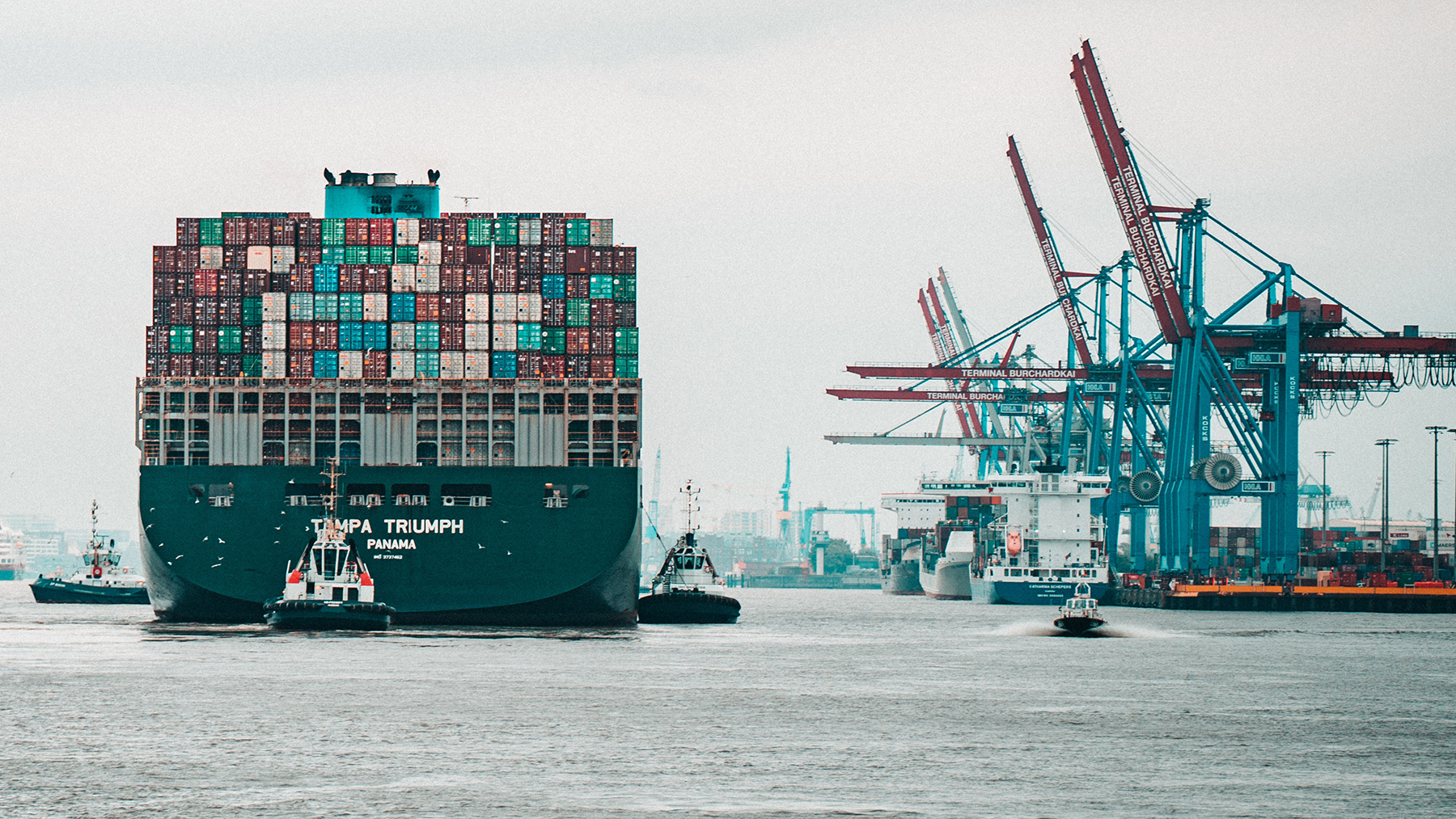
On 24th June 2024, EU issued a 14th sanctions package against Russia. Apart from adding various prohibitions on additional and new sectors, products and entities (located both in Russia and in other countries) the 14th package imposes significant due diligence obligations on EU operators, such as:
• EU parent companies will be required to undertake their best efforts to ensure that their third-country subsidiaries do not take part in any activities resulting in an outcome that the sanctions seek to prevent
• EU operators selling “common high priority items” to third countries will need to implement due diligence mechanisms capable of identifying and assessing risks of re-exportation to Russia, and mitigating them
• EU operators transferring industrial know-how for “common high priority items” to third-country commercial counterparts will have to include contractual provisions to ensure that such know-how will not be used for goods intended to Russia
• In case of a sanctions breach, the defence of not knowing or having reason to suspect that an act breaches sanctions cannot be invoked if there has been a lack of diligence
• It is clarified that the requirements for committing a breach by way of circumvention will be met if a party is aware that an activity may have the effect that a prohibition that otherwise would have applied will not apply, and accepts that
In the light of these new obligations exporting companies are recommended to ascertain whether their goods are targeted by the new measures and, if so, make sure steps are taken to ensure compliance.
The texts of the 14th package can be found here and here.
The EU Commission has issued a helpful FAQ which can be found here.
On 8th May 2024, it was announced that the Swedish government has instructed nine agencies, including the prosecutor’s office, to enhance cooperation and capabilities to oversee, prevent, discover, investigate and enforce sanctions evasion.
The step may be a result of the EU Commission recently approaching the Swedish Ministry of Foreign Affairs with information suggesting sanctioned products from Swedish companies end up in Russia.
In addition, a review of Sweden’s Sanctions Act has recently been concluded by Supreme Court Justice Petter Asp. We will of course monitor any developments in this area.
As from 19 May 2024, an EU Directive with new rules to harmonise criminal offences and penalties for the violation of EU sanctions entered into force, see here. Members States have one year to implement the rules. Amongst other things, and of particular interest from a Swedish perspective, is that inciting, aiding and abetting, and attempt of sanctions breach shall be a criminal offence (which presently is not the case in Sweden) and also that legal persons can be held liable for certain criminal offences when the offences have been committed for the benefit of those legal persons by any person who has a leading position within the legal person concerned. In addition, legal persons shall be held liable if there has been a lack of supervision or control making a sanctions breach possible.
In her Opinion of 11 April 2024, in Case C 109/23 [Jemerak], Advocate General Medina stated that notary services are not caught by the prohibition to provide legal services in Article 5n(2) in Council Regulation 833/2014. This is contrary to what is stated in the well-known “Commission’s FAQ” . Although the Commission's FAQ is not legally binding, it is nevertheless a problematic finding since businesses are – absent precise legal provisions and case law – at present heavily relying on the Commission’s FAQ documents in order to ensure compliance with the sanctions. The judgment of the Court in this case will thus be of great importance.
US takes firm enforcement action against companies world-wide that support Russia with sanctioned technology and equipment. On 1 May 2024, Office of Foreign Asset Control announced sanctions against 300 entities of which 80 were sanctioned because of engagement in sanctions evasion and circumvention. Notably, the US has – in contrast to EU – sanctioned several companies and individuals in EU Member States including but not limited to Belgium, Finland and Germany for breach of Russia related sanctions. Interestingly, Article 3 (1)(h) in Council Regulation 269/2014 enables the sanctioning by EU of anyone (i.e. also legal and natural persons in the EU) who significantly frustrates sanctions or facilitates circumvention. In practice, however, so far enforcement seems to mainly be a matter for individual Member States to pursue.
In addition, in March 2024 the Bureau of Industry and Security sent a “red-flag” letter with a list of almost 700 companies world-wide that potentially send export controlled goods to Russia, see here.
None of the companies are subject to formal restrictions but great caution when dealing with these companies is expected. The list includes companies in South Korea, Thailand, Azerbaijan, the Netherlands, Indonesia, Singapore, Latvia, Serbia, Finland, Canada, Switzerland, Cyprus, Germany, Spain, Britain, Hungary, Israel, Italy, Kazakhstan, Sri Lanka, Lithuania, Malaysia, Poland, Seychelles, Uzbekistan, the British Virgin Islands and South Africa.
On 21 may 2024 it was announced that the net profits stemming from “unexpected and extraordinary revenues” accruing to central securities depositories in the EU holding Russian sovereign assets and reserves of more than €1 million, as a result of the implementation of EU sanctions, will be used for further military support to Ukraine, as well as its defence industry capacities and reconstruction, see pressrelease. It is an important first step towards possible confiscation of frozen Russian assets in the EU, which has been a controversial issue.
In case of any questions about the above or any other Trade Compliance related issues, please contact Anders or Martin.